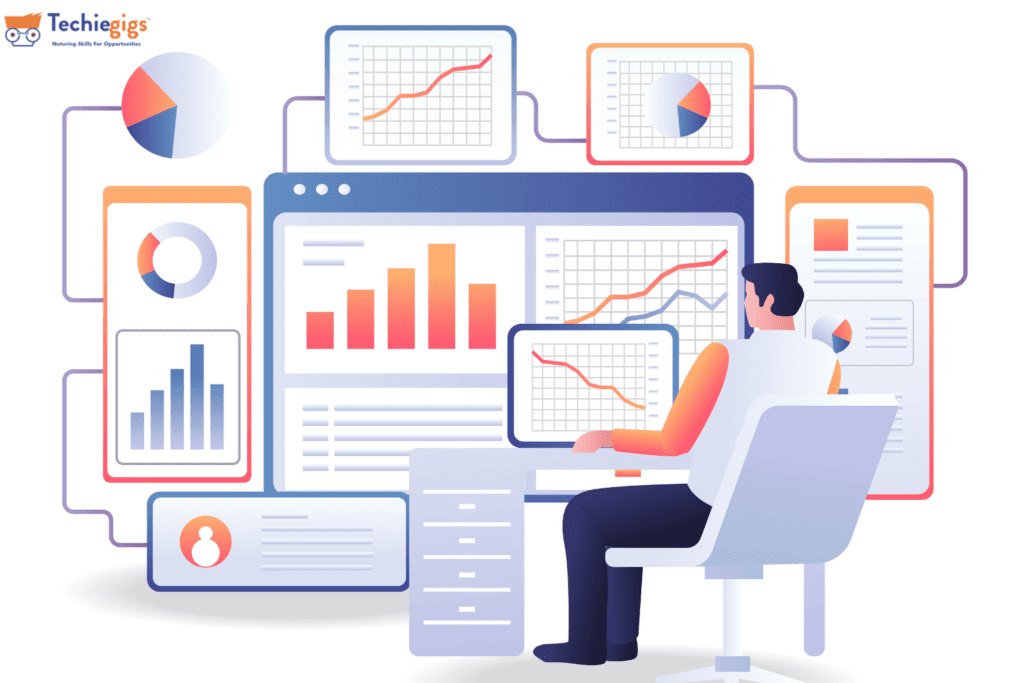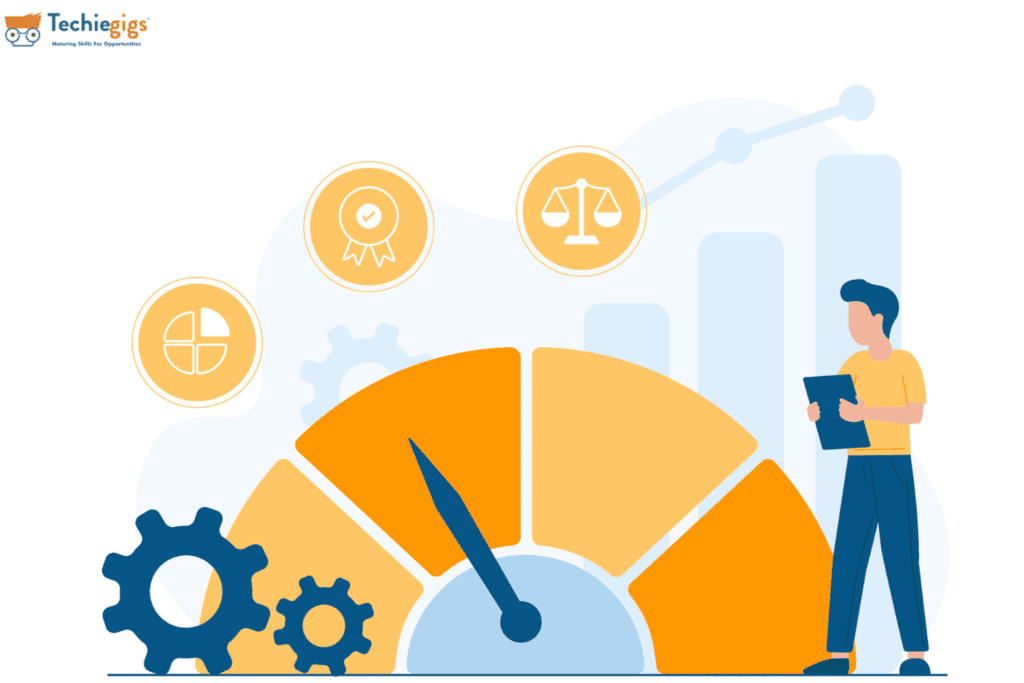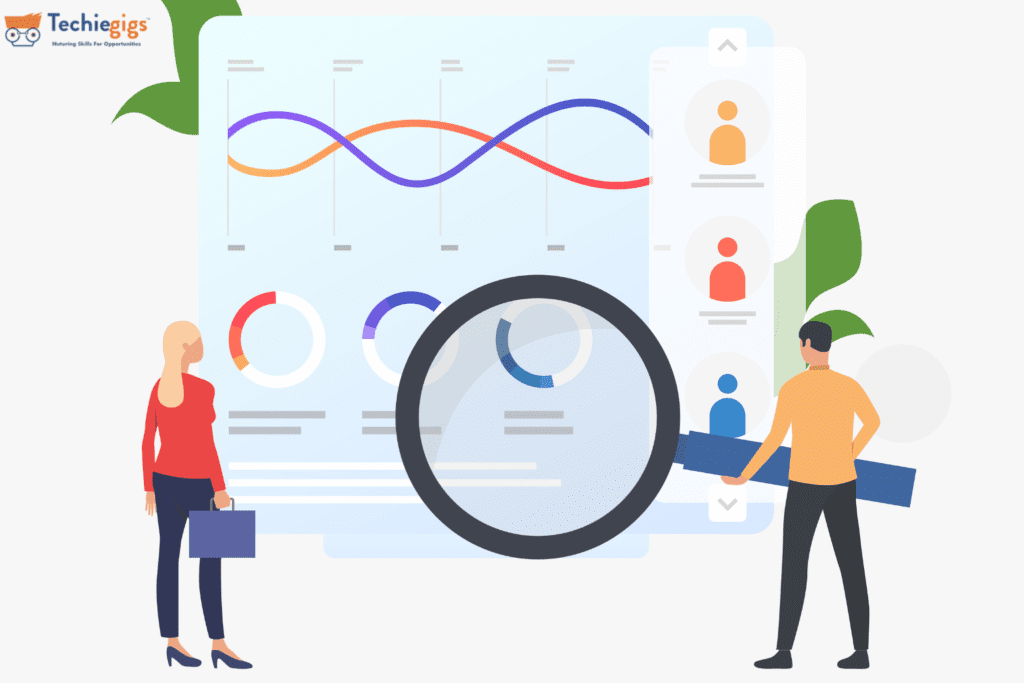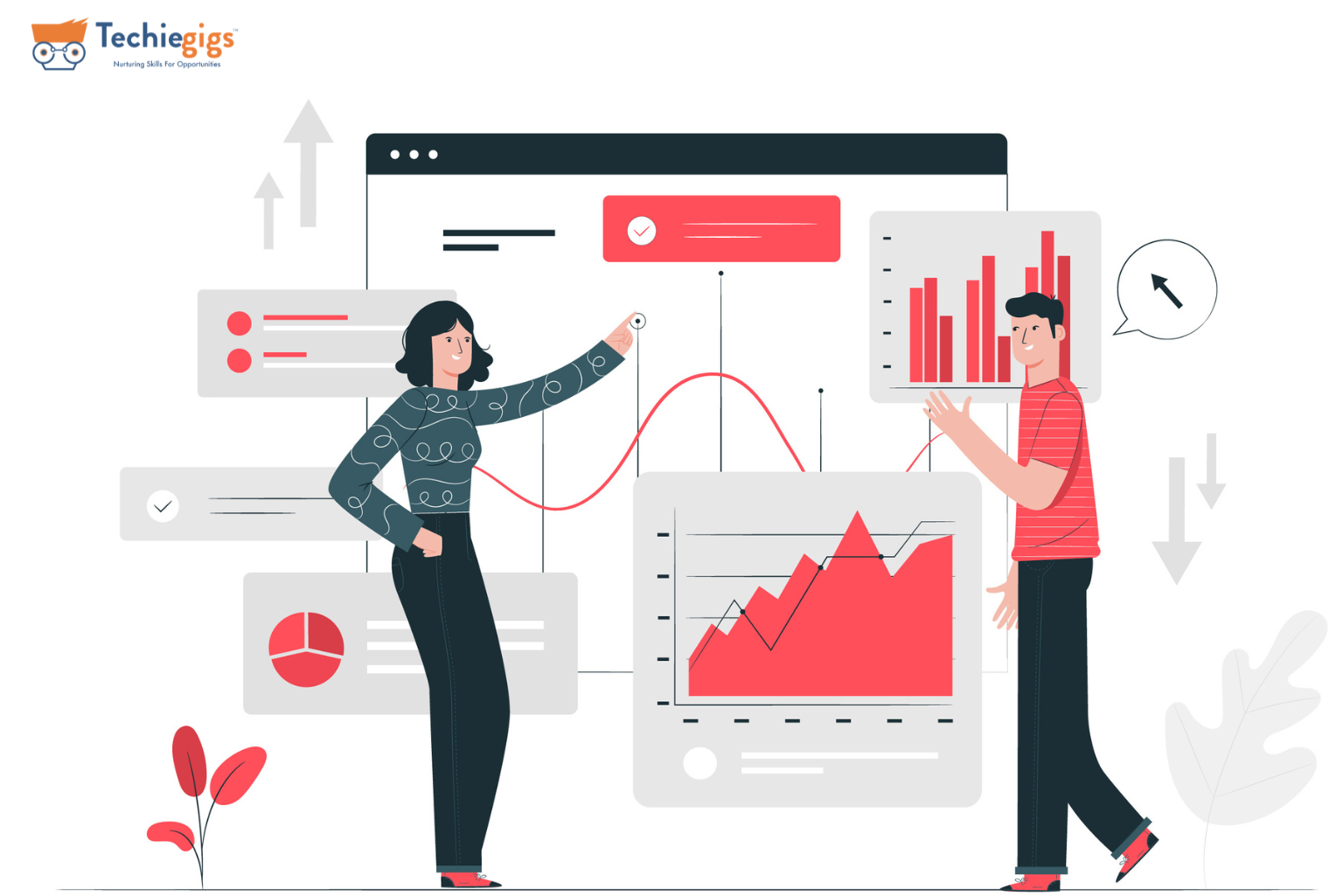Driving Success with Data Analytics in Digital Marketing
Data Analytics in Digital Marketing has become the cornerstone of success in today’s fast-paced digital landscape. Gone are the days when businesses relied solely on intuition or guesswork to engage with their audiences. Instead, they are harnessing the power of data analytics to develop strategies that resonate deeply and deliver measurable outcomes. If you’re not incorporating data analytics into your digital marketing efforts, you’re missing out on a game-changing advantage. Let’s explore how data analytics is revolutionizing digital marketing and empowering businesses to make data-driven decisions that drive success.
Table of Content
1. Importance of Data Analytics in Digital Marketing

Data analytics provides marketers with actionable insights into their audience’s behavior, preferences, and needs. It bridges the gap between what consumers want and what businesses offer. By analyzing metrics such as website traffic, click-through rates, and conversion rates, marketers can:
- Identify Target Audiences: Understand demographics, preferences, and behaviors to create highly personalized campaigns.
- Optimize Campaigns in Real-Time: Adjust strategies based on performance metrics to maximize ROI.
- Predict Trends: Anticipate consumer needs and stay ahead of the competition.
2. Key Areas Where Data Analytics Drives Results
a. Audience Segmentation
Segmentation is the cornerstone of effective marketing. Data analytics enables marketers to group audiences based on criteria such as age, location, buying habits, and online behavior. This allows for hyper-personalized messaging that resonates with each segment.
b. Content Performance Analysis

Not all content is created equal, and data analytics reveals what works and what doesn’t. Metrics such as bounce rates, time on page, and social shares help marketers identify high-performing content and refine their strategy accordingly.
c. Ad Campaign Optimization
Platforms like Google Ads and Facebook Ads offer robust analytics tools to track ad performance. Metrics such as cost-per-click (CPC), click-through rate (CTR), and return on ad spend (ROAS) help marketers fine-tune their campaigns for maximum impact.
d. Customer Journey Mapping
Understanding the customer journey is crucial for driving conversions. Data analytics maps the path users take from awareness to purchase, highlighting drop-off points and opportunities to improve.
3. Tools for Data-Driven Digital Marketing
To harness the full potential of data analytics, marketers must leverage the right tools. Some popular options include:
- Google Analytics: For tracking website performance and user behavior.
- Tableau: For creating visual representations of data insights.
- HubSpot: For analyzing marketing campaigns and customer interactions.
- SEMrush: For SEO and competitive analysis.
- Power BI: For advanced data visualization and reporting.
4. How to Make Data-Driven Decisions in Digital Marketing
a. Set Clear Objectives

Start with specific, measurable goals such as increasing website traffic by 20% or reducing cart abandonment rates by 10%.
b. Collect and Organize Data

Use tools to gather data from multiple sources—social media, websites, email campaigns, etc. Ensure that the data is clean, accurate, and well-organized.
c. Analyze Trends and Patterns
Look for patterns in the data that can inform your strategy. For example, if your highest engagement occurs on Instagram, focus more resources on that platform.
d. Test and Optimize

Implement A/B testing to see what works best. Continuously monitor performance and make adjustments to improve results.
5. The Future of Data Analytics in Digital Marketing

With advancements in artificial intelligence and machine learning, the future of data analytics in digital marketing is bright. Predictive analytics, voice search optimization, and real-time personalization are just a few trends that will shape the industry. Businesses that embrace these innovations will gain a competitive edge and build stronger connections with their audiences.
Conclusion
Data analytics is no longer optional in digital marketing; it’s a necessity. By leveraging Data Analytics in Digital Marketing to understand your audience, optimize campaigns, and predict trends, you can make informed decisions that drive growth and profitability. Whether you’re a seasoned marketer or just starting out, integrating data analytics into your strategy is the key to staying ahead in today’s data-driven world.
Start making smarter, data-driven decisions today—because in digital marketing, the numbers never lie.








